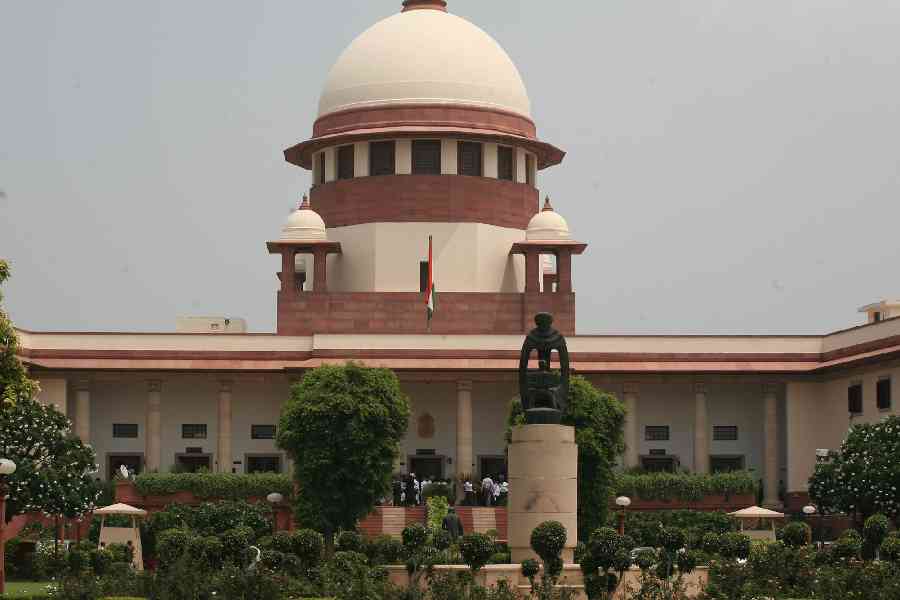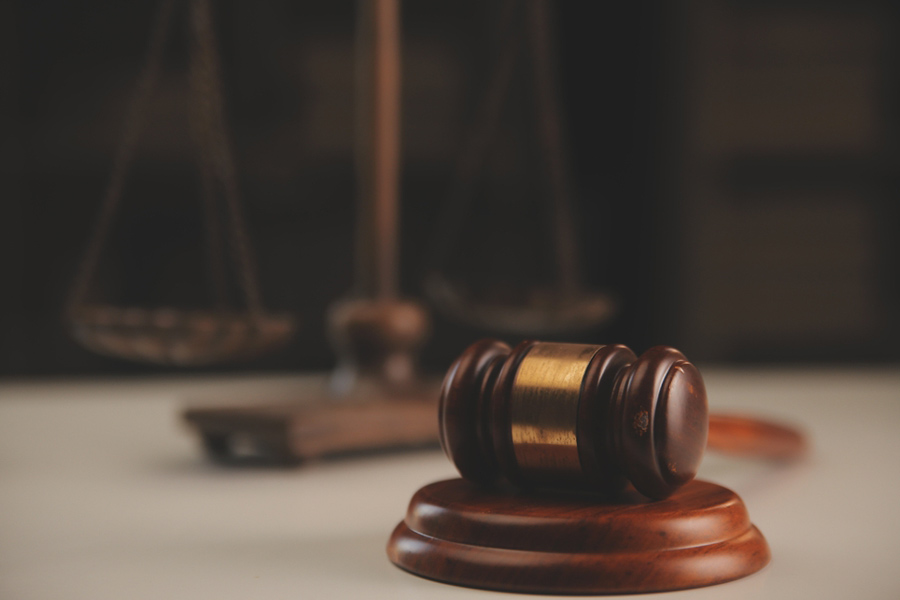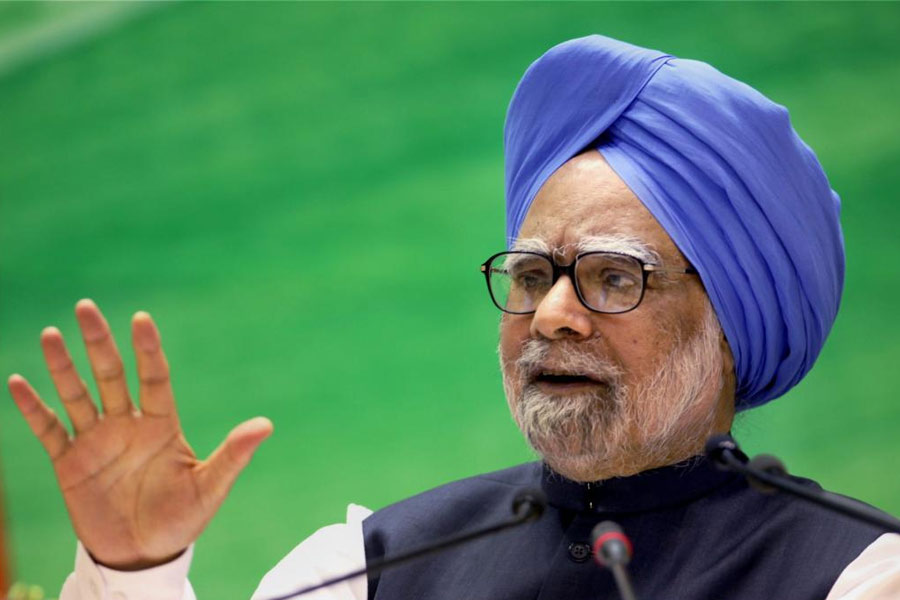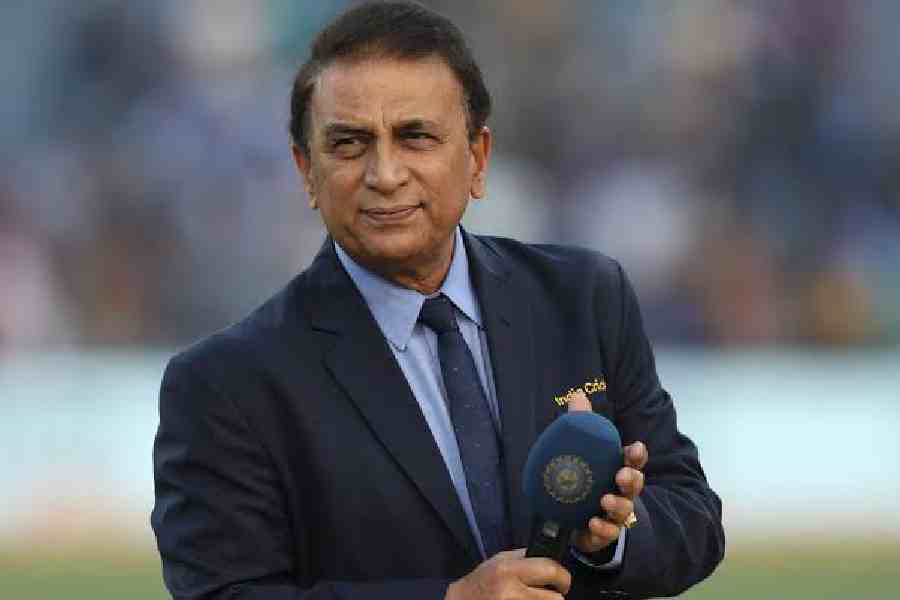The Supreme Court on Monday expressed “deep concern” at the Manipur violence and asked the Centre to ensure relief and treatment for the victims and the protection of religious places, seeking an updated status report by May 17.
It also orally questioned Manipur High Court’s authority in passing its March 27 order, which asked the state government to recommend that the Centre consider granting Scheduled Tribe status to Manipur’s majority Meitei community.
The violence, which began on May 3, stemmed from the (largely Hindu) Meiteis’ demand for ST status, which is opposed by the state’s (mostly Christian) tribal communities such as Kukis and Nagas who already enjoy ST status.
“We emphasise the need for (i) Ensuring that due arrangements are made in the relief camps by providing all basic amenities in terms of food and medical care; (ii) Taking all necessary precautions for the rehabilitation of displaced persons; and (ii) Protecting places of religious worship,” a bench headed by Chief Justice of India D.Y. Chandrachud said.
“In the event that critical medical care is required to be extended to persons who are in the relief camps, the authorities shall make arrangements for ensuring that they are provided medical care either at army hospitals or other suitable hospitals.”
The bench, which included Justices P.S. Narasimha and J.B. Pardiwala, recorded an undertaking from solicitor-general Tushar Mehta, appearing for the Centre, that all measures were being adopted to provide relief and rehabilitation to the victims and ensure the safety of people and religious places.
It also recorded an undertaking from Mehta that the Centre and the state would “move an appropriate forum against the March 27 order of the high court”.
The court is hearing petitions from the Delhi Manipur Tribal Forum, which has sought protection and rehabilitation for tribal people displaced by the violence, and Dinganglung Gangmeit, aBJP legislator and head of the Hill Areas Committee of the Manipur Assembly who has challenged the high court order relating to Meiteis’ ST status.
Also being heard are certain PIL petitioners --- one of them represented by senior advocate Sanjay Hegde -- on whose pleas the high court passed the order.
“Mr (Sanjay) Hegde; you should have brought the issue to the notice of the high court. There are a number of judgments of the Supreme Court on the issue that the power to grant Scheduled Tribe status is vested only with the President,” Justice Chandrachud said.
“How could the high court direct the state government that it shall forward the recommendations to the central government? You never told the high court that this power the high court doesn’t have. It is a presidential power.”
As senior advocate Colin Gonzalves, appearing for the Delhi Manipur Tribal Forum, read out certain details relating to the Manipur situation, a disapproving bench cut him short saying it would not allow the proceedings “to destabilise the state”.
“Please don’t read out everything, you may flag these pages, we will read it ourselves,” Justice Chandrachud told Gonzalves.
“This is a humanitarian issue. We are concerned deeply about the loss of livesand properties. We are aware that the government is taking action and there is no reason not to trust them.
“At the same time, we have also flagged our concerns,” the bench said.
“Our primary concern is rehabilitation and safety of the people. Mr Gonsalves, you may flag your concerns in an appropriate manner so that these proceedings do not become another platform to destabilise the state.”











